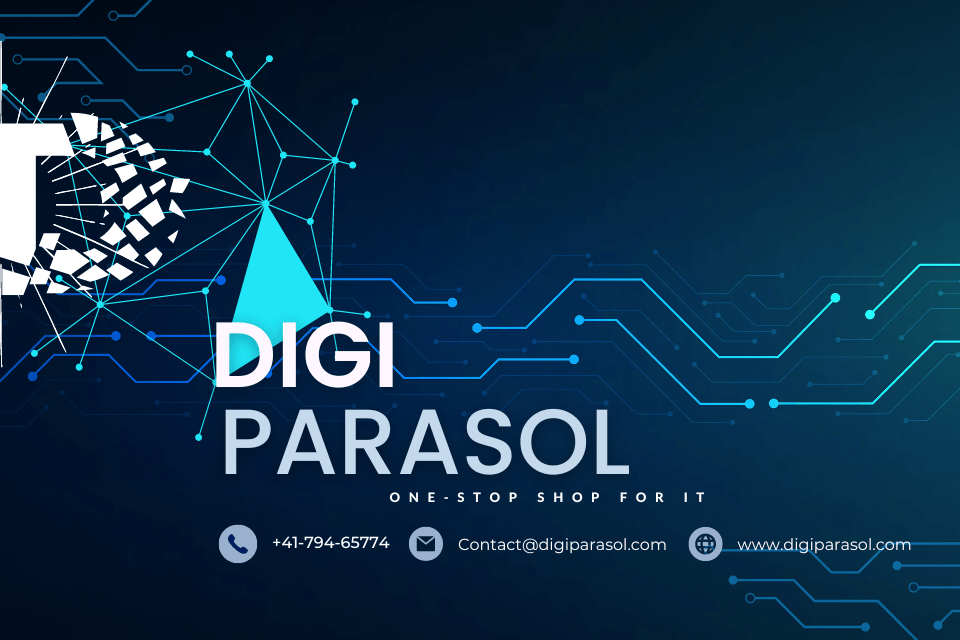Financial inclusion is a key element of sustainable development, as access to financial services plays a crucial role in empowering individuals and communities to improve their economic well-being. However, traditional banking systems often fail to reach the most vulnerable and marginalized populations, leaving billions of people without access to basic financial services. In recent years, there has been a growing recognition of the potential of AI-powered solutions to bridge this gap and expand financial inclusion to all.
Artificial intelligence (AI) technology has the potential to revolutionize the way financial services are delivered, making it more efficient, cost-effective, and customer-centric. By leveraging AI algorithms and machine learning techniques, financial institutions can analyze vast amounts of data in real-time, automate decision-making processes, and personalize services for individual users. This has the potential to greatly enhance the accessibility and affordability of financial services for low-income individuals and underserved communities.
In this article, we will explore the role of AI-powered solutions in promoting financial inclusion and discuss some of the most innovative initiatives that are leveraging AI technology to expand access to financial services for the unbanked and underbanked populations.
**AI-Powered Solutions for Credit Scoring**
One of the biggest barriers to financial inclusion is the lack of credit history or collateral among low-income individuals, which makes it difficult for traditional financial institutions to assess their creditworthiness. AI-powered solutions are helping to overcome this barrier by analyzing alternative data sources, such as mobile phone usage, social media activity, and utility bill payments, to generate predictive credit scores for underserved populations.
Companies like Tala and Branch are using AI algorithms to assess the credit risk of individuals who lack traditional credit histories, enabling them to provide small loans to low-income borrowers in emerging markets. By analyzing thousands of data points in real-time, these AI-powered platforms can accurately assess an individual’s creditworthiness and make instant lending decisions, reducing the time and cost associated with traditional credit evaluation processes.
**AI-Powered Chatbots for Customer Service**
In many developing countries, the nearest bank branch may be hours away, making it difficult for rural populations to access basic financial services. AI-powered chatbots are changing this by providing on-demand customer support and financial advice through mobile phones and messaging apps, allowing individuals to conduct banking transactions and access information from anywhere, at any time.
Companies like Kasisto and Clinc are developing AI-powered chatbots that can understand natural language commands and provide personalized recommendations to users based on their financial goals and preferences. These virtual assistants are equipped with machine learning capabilities that enable them to continuously improve their responses and services, making them invaluable tools for promoting financial literacy and inclusion among underserved populations.
**AI-Powered Fraud Detection**
Another key challenge in expanding financial inclusion is the prevalence of fraud and identity theft, which can deter individuals from engaging with formal financial services. AI-powered solutions are helping to mitigate this risk by analyzing transaction patterns, biometric data, and other behavioral indicators to detect suspicious activities in real-time and prevent fraudulent transactions.
Companies like Feedzai and Featurespace are using AI algorithms to identify and block fraudulent transactions before they occur, helping financial institutions to protect their customers and maintain the integrity of their systems. By leveraging advanced machine learning models, these AI-powered platforms can detect anomalies in transaction data and assess the risk level of each transaction, enabling them to make informed decisions and combat financial crime more effectively.
**AI-Powered Personalized Financial Services**
Personalization is a key driver of financial inclusion, as it enables financial institutions to tailor their products and services to the specific needs and preferences of individual users. AI-powered solutions are making it easier for organizations to deliver personalized financial advice, recommendations, and product offerings to underserved populations, increasing their engagement and satisfaction with formal financial services.
Companies like Personetics and Quantexa are using AI algorithms to analyze customer data and behavior in real-time, enabling them to generate personalized insights and recommendations for individual users. By understanding each user’s financial goals, risk tolerance, and spending patterns, these AI-powered platforms can offer relevant products and services that are tailored to meet their unique needs, fostering greater financial inclusion and trust among underserved populations.
In conclusion, AI-powered solutions have the potential to drive a paradigm shift in the way financial services are delivered and accessed, making them more inclusive, accessible, and affordable for all. By leveraging the power of AI technology, financial institutions can overcome traditional barriers to financial inclusion and reach underserved populations with innovative products and services that meet their diverse needs and preferences. As we continue to explore the potential of AI in promoting financial inclusion, it is essential to prioritize ethical considerations, data privacy, and regulatory compliance to ensure that AI-powered solutions benefit all individuals and communities, regardless of their socio-economic background or geographic location.
>”AI technology has the power to transform financial inclusion and empower individuals to take control of their financial futures. By harnessing the potential of AI-powered solutions, we can create a more inclusive and equitable financial system that benefits everyone.”
By embracing AI-powered solutions and collaborating with stakeholders across sectors, we can work towards a more financially inclusive world where everyone has the opportunity to thrive and prosper. Let us continue to innovate, experiment, and advocate for AI technologies that prioritize the needs and rights of the most vulnerable and marginalized populations, driving positive change and sustainable development for all.


